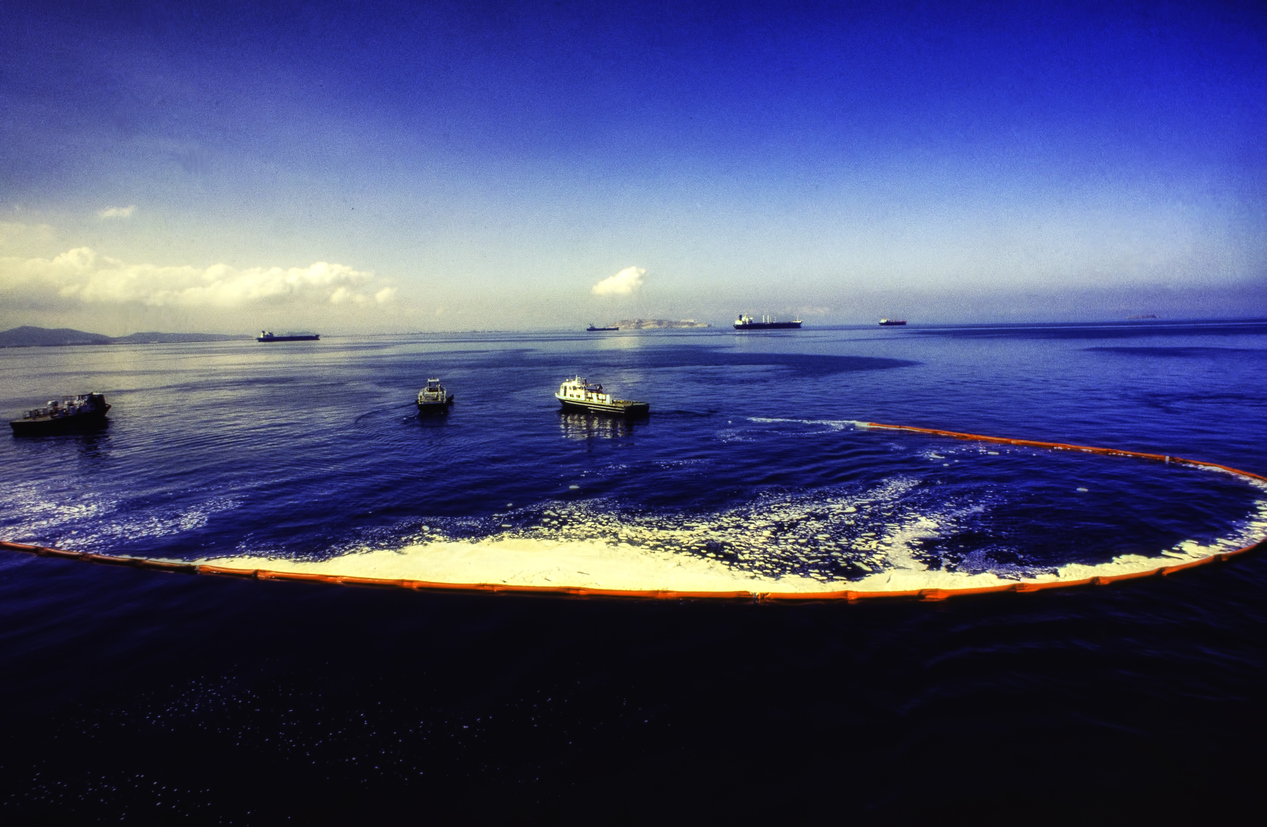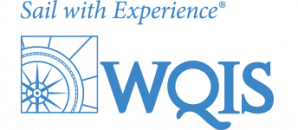Environmental Expertise

Oil and chemical spills resulting from accidental marine incidents have the potential to do significant damage to the environment and can result in significant costs and other liabilities. WQIS provides environmental expertise through their Spill Management Team (SMT) at responses when necessary. Early involvement of the necessary environmental expertise can be a critical factor in the timely assessment of actual or potential environmental impacts and can increase the effectiveness of mitigation efforts. Shoreline Cleanup Assessment and Technique (SCAT) Teams are the standard methodology for determining the initial extent of impact.
The location of the spill, the amount of the spill, and the nature of the spilled product are usually the primary factors affecting the potential environmental impact. While spills of certain products in areas deemed less environmentally sensitive may not result in long-lasting environmental effects, even a relatively small spill in an environmentally sensitive area can result in measurable and potentially significant environmental impact. Resource Trustees are the state and federal agency and or tribal representatives that have jurisdiction over specific resources that could be impacted by a spill (e.g. migratory waterfowl, certain fisheries, marine mammals, marsh or other wetland habitats, various threatened and endangered species, etc.) When significant and potentially long-lasting environmental impacts do result from an oil or chemical spill, a Natural Resource Damage Assessment and Restoration (NRDAR) procedure can be initiated by the Resource Trustees in order to assess and quantify the injuries to the environment and to develop the needed restoration. The Responsible Party (RP) is usually invited to participate in this process, and ultimately provides the appropriate project funding.
While not all spills result in a NRDAR process, state and federal environmental agency personnel and or tribal representatives will be involved in the spill response and there can still be critical environmental issues that need to be addressed without delay. WQIS SMT personnel and our network of environmental professionals have a significant amount of experience in working and collaborating with environmental and regulatory agency personnel on many types of spill responses, including those that result in a NRDAR process.
The goal of course is to prevent or mitigate the environmental impact of the spill to the maximum extent practicable, and thereby minimize other liabilities or needed restoration.
About WQIS
At Water Quality Insurance Syndicate (WQIS), we provide water pollution liability insurance from the smallest to the largest fleets for vessel operators worldwide, providing coverage for more than thirty thousand (30,000) vessels, pollution guaranties for over three thousand five hundred (3,500) vessels, and have cleaned up over five thousand (5,000) spills in our history. WQIS offers insurance on behalf of twelve (12) subscribing insurance companies in the Marine Insurance Market (see Subscribers for details).
